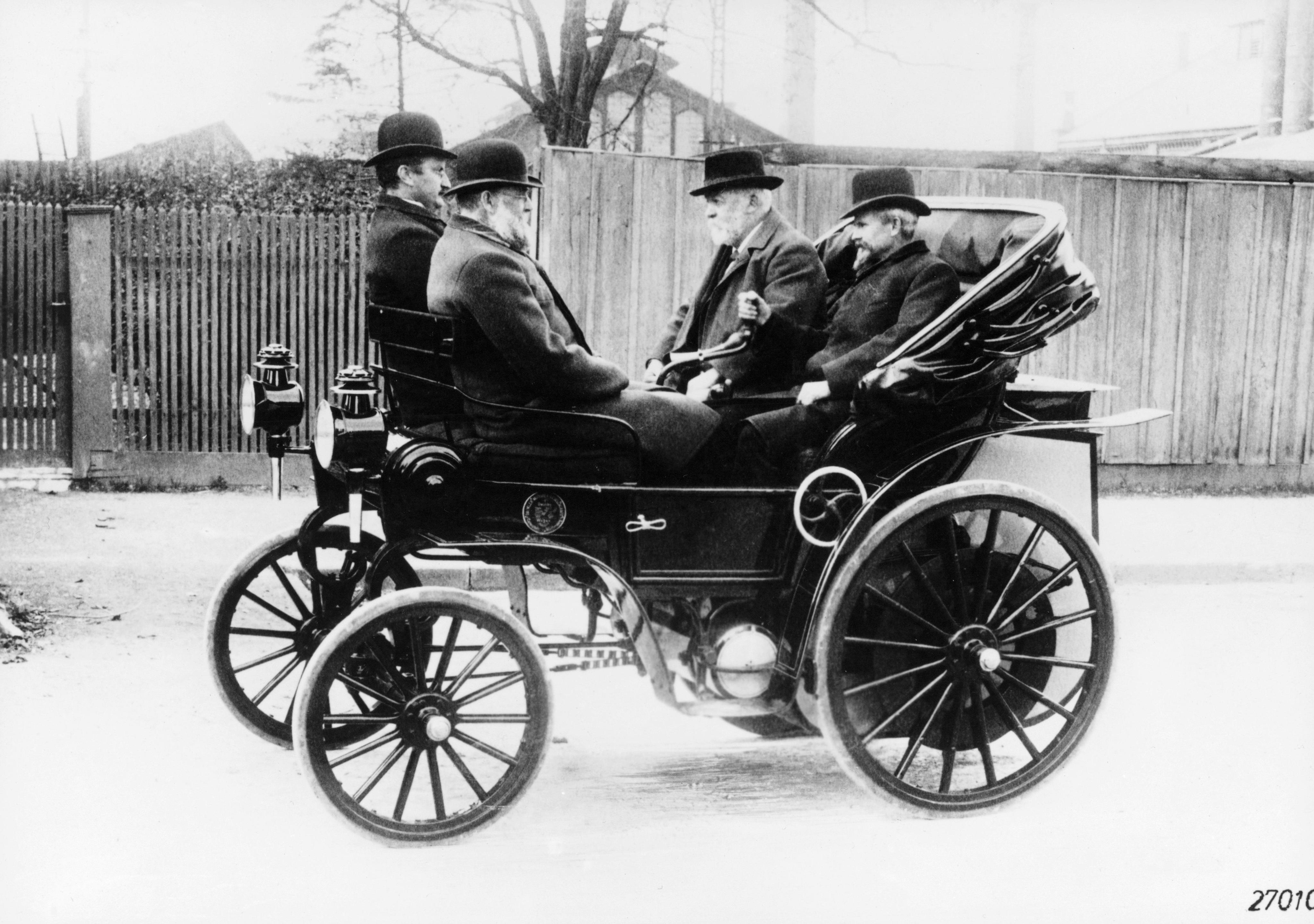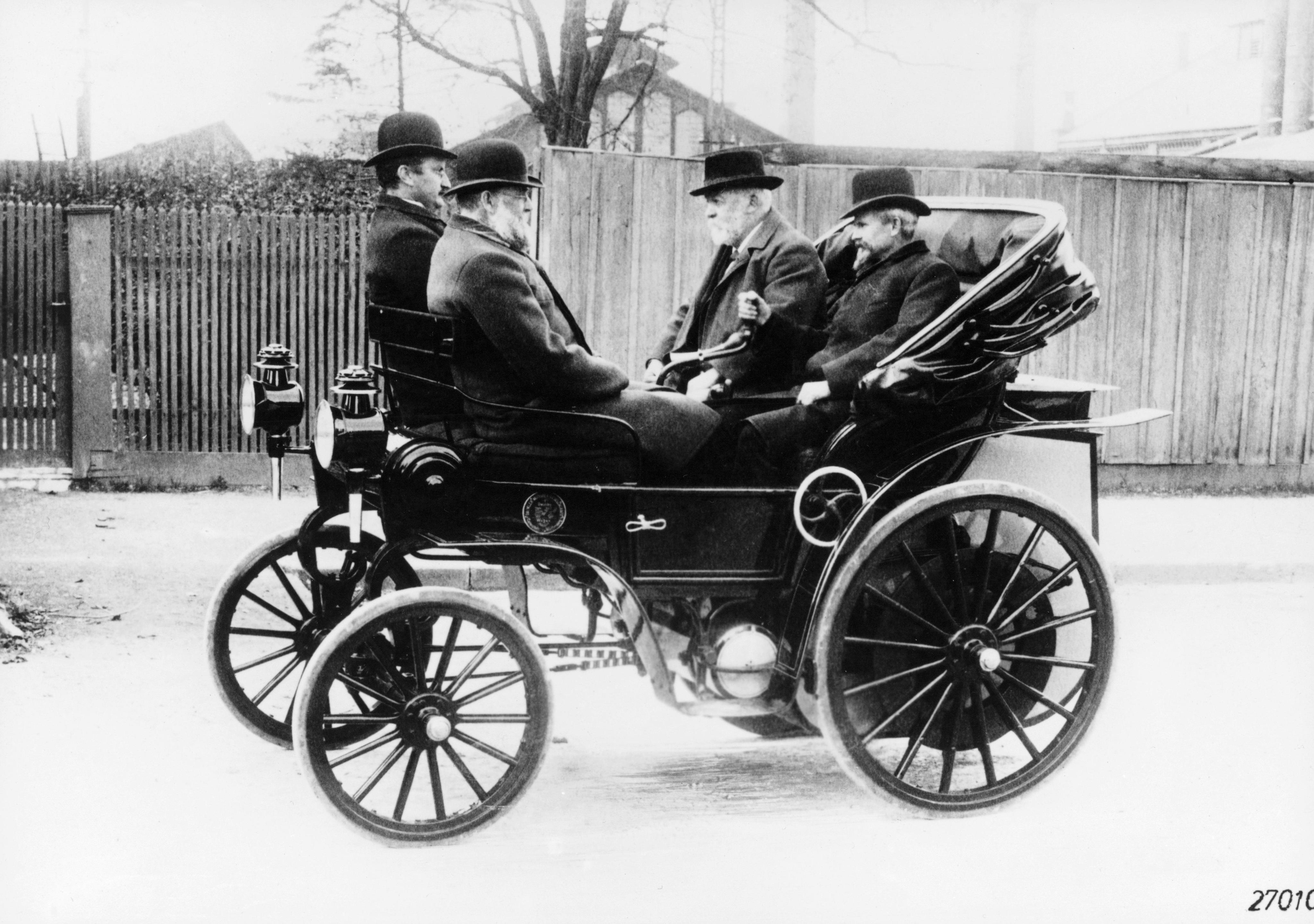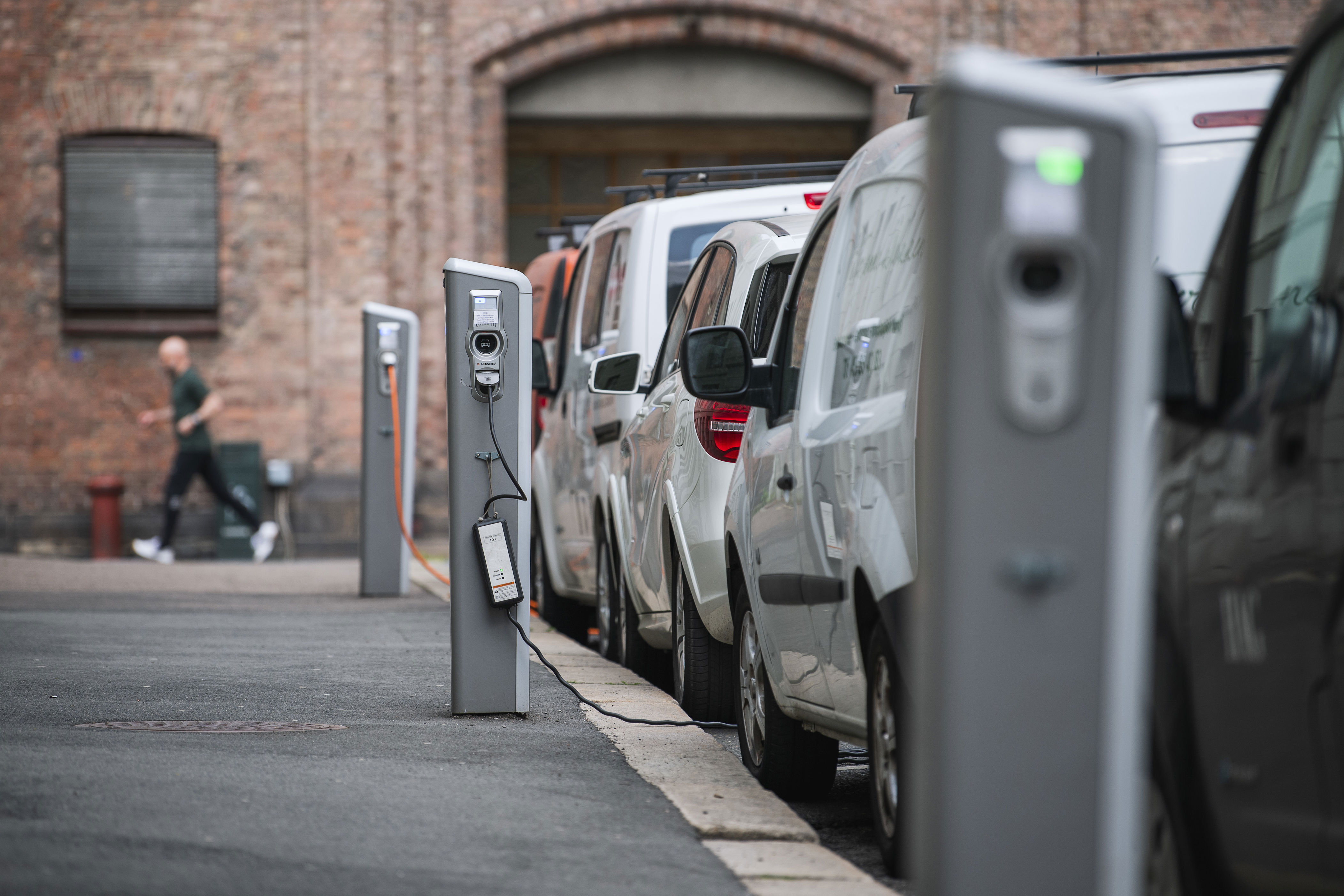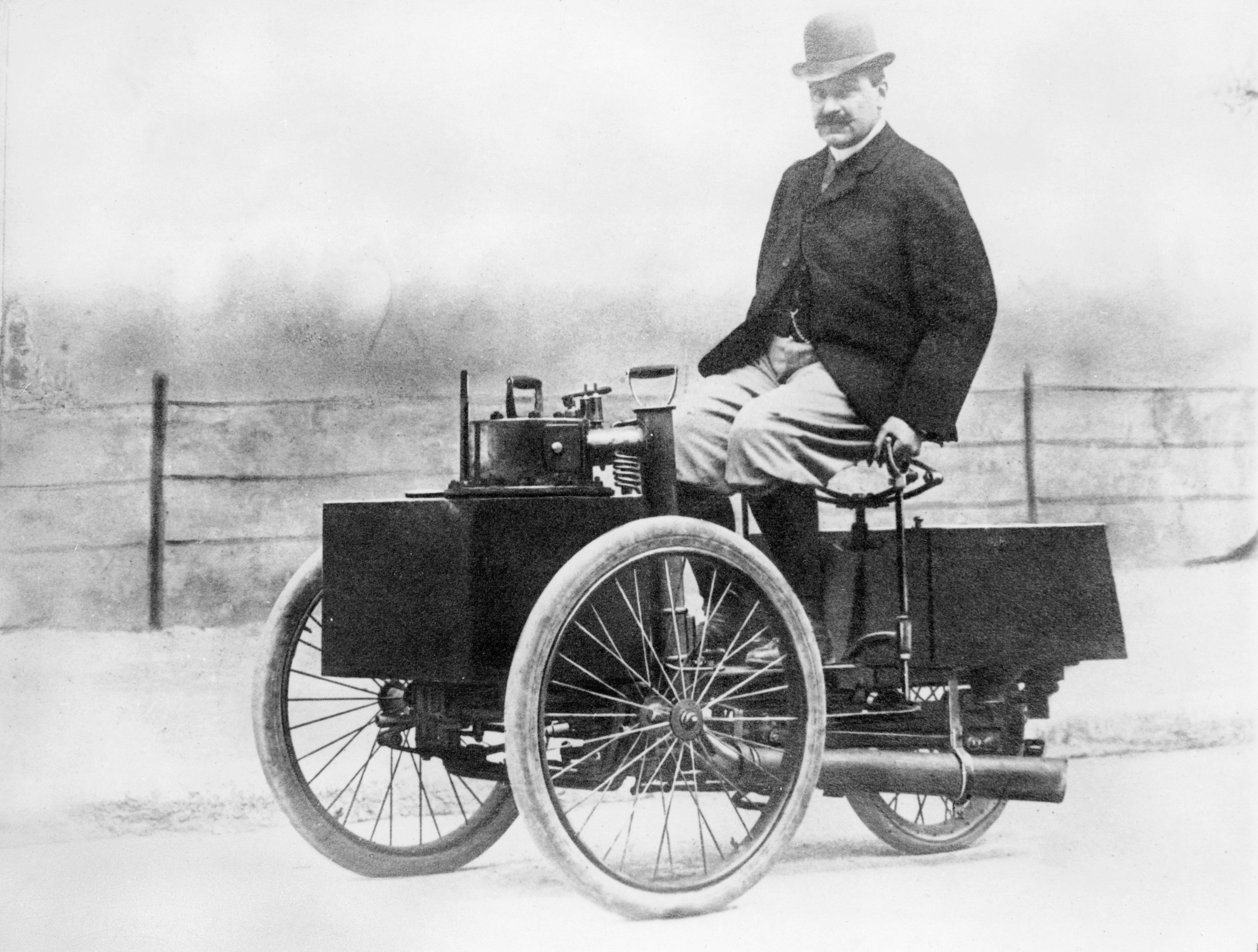Demise of hybrid cars in Norway shows how UK is falling behind in technological race
While Norway is buying a tiny number of new hybrid cars, in the UK they make up about a quarter of the market

Over the years, advances in science and technology have produced some decidedly strange creations as people got to grips with the new opportunities on offer. At the dawn of the Age of the Automobile in the late 1800s, the first cars were known as “horseless carriages” because that’s exactly what they looked like. They were a ‘hybrid’ technology which, while cutting edge for its time, was never going to last.

There were also some technological dead-ends. In 1888, Albert de Dion won a race that pitted his steam-powered tricycle against a steam-powered vehicle from Neuilly to Versailles near Paris. Entries for the 1894 race from Paris to Rouen – considered “the very first competitive motorsport event”, according to Goodwood Road & Racing – included a vehicle powered by “gravity”, one that used compressed air, another based on a “system of pendulums” and a fourth that was apparently moved “by the weight of the passengers”.

However, most used steam or petrol and eventually, as engineers worked out the best form of propulsion – the combustion engine – and the most aerodynamic shape, cars ended up looking more or less the same. But it took decades.
Hybrid cars an obvious stopgap
This is one of the reasons why it is important to remain at the forefront of new technology. Linger too long in the ways of the past and we may find ourselves living in an outdated backwater.
While hybrid vehicles look like ordinary cars, they are, in a way, just as odd as the horseless carriages of old. Instead of a petrol engine bolted onto a vehicle designed to be pulled by horses, they basically add an electric engine to a petrol-powered car. Even when they were first introduced, it seemed obvious they were a stop-gap solution until fully electric cars became mainstream.

The focus of the electric car industry has been to bring down the price, increase the range and reduce charging times, and this has been starting to pay dividends. As well as the engines and batteries in the cars, there are also likely to be technological innovations to be made to improve the charging points, cabling and even road surfaces (there are already some that can charge cars as they drive along).
Countries that embrace electric cars first will be in a far better position to do this than those which do not. In January, I wrote about how electric vehicles have taken off in Norway. At that point EVs accounted for 89 per cent of new car sales there, compared to just 18 per cent in the UK.
The latest Norwegian figures show that EVs made up 97.2 per cent of all new passenger vehicles registered and delivered in July. While 9,291 vehicles were fully electric, just 161 hybrids of one kind or another were sold, along with 25 petrol and 86 diesel vehicles. In Norway, hybrids are almost dead.
In the UK in June, EVs accounted for just under a quarter of the market, hybrids a similar amount, with petrol and diesel cars representing just over half of new sales. This means that 75 per cent of the new cars sold in the UK are ones that Norway is busily consigning to history.
Net zero is an ‘economic necessity’
In a way, the hybrid sales are even more telling than the petrol ones as a sign of how far the UK is falling behind – not just clinging to the past but turning to a vehicle that is already outdated. Our future, Norway’s past.
According to a UK Government report published in February last year, “globally, growth in green technologies has been consistently higher than both brown technology (fossil fuels) and total growth across all technologies, seeing nearly 400 per cent growth between 2000 and 2020”. In other words, electricity, produced by renewables, and the machines that use it are where it’s at and where the UK needs to be.
Don’t believe me? Perhaps Louise Hellem, chief economist at the Confederation of British Industry, will persuade you. “In an age marked by global uncertainty and rising energy costs, the pursuit of net zero stands as both an economic necessity and a moral imperative. Greater energy security is paramount to improving the resilience and competitiveness of the economy, and embracing green technologies must be at the heart of the UK’s growth strategy,” she wrote in a forward to a recent report by CBI Economics and the Energy and Climate Intelligence Unit, called The Future is Green.
Echoing the government report, she added: “Our analysis has consistently shown that the net-zero economy is growing at a faster pace than the rest of the economy. This reflects growing investor confidence that adapting the economy to climate risk will secure huge competitive advantage through inward investment, export opportunities and mitigating volatility of high exposure to international energy markets.”
Culture war issue
Of course, cars are just one example of how well, or badly, the UK is doing in this new Industrial Revolution. There are a myriad of others. But if they are anything to go by, Norway is using its fossil fuel wealth to modernise its economy far more effectively than the UK is using ours.
Climate change appears to have become a ‘culture war’ issue in the UK. I only hope people who think it’s all a hoax or not something we need to be concerned about can separate such beliefs from the very real economic opportunities to be had.
Otherwise, when we turn on our ignitions, we may increasingly begin to hear the clippety-clop of horses’ hooves and chuff-chuffing of a steam-powered tricycle beneath the rumble of the engine as ghostly reminders of the past opportunities that were taken, not missed, return to haunt us.